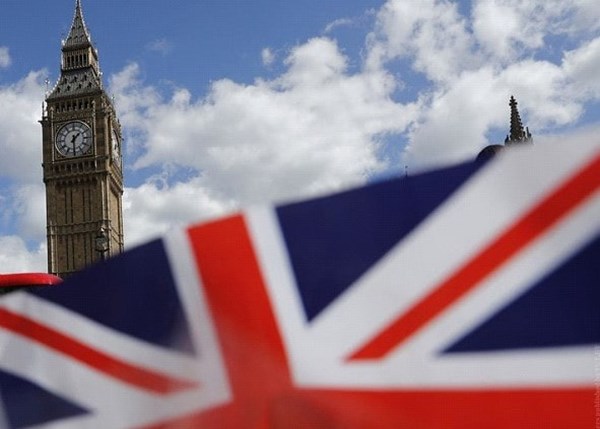UK ratifies Kremlin-linked oligarch blacklist
The British government has made and approved a blacklist of oligarchs close to the Kremlin whose freedom of movement in the UK and the rest of Europe will be restricted.
The list, which was recently signed by British Prime Minister Theresa May, includes Rosneft executive chairman Igor Sechin, Evraz co-owner Arkadiy Abramovich, MegaFon primary shareholder Alisher Usmanov, Rusal owner Oleg Deripaska, as well as the brothers Arkady and Boris Rotenberg, who have all amassed wealth from Russian government contracts during Vladimir Putin’s presidency.
The document will be circulated among the government organs of the UK and of London’s allies in Europe and North America, high-ranking British officials told The Telegraph.
According to one of the officials, the freedom of movement of the blacklisted Russians will be restricted in the UK, Europe and “anywhere else”.
“These people have been identified as having extremely close professional and financial ties to President Vladimir Putin. We assume that they support the Kremlin in a whole range of areas, including using their financial capabilities in the interests of the Russian government,” the official explained.
The steps taken against the blacklisted Russians will constitute an important part of London’s response to the poisoning of former double agent Sergei Skripal in Salisbury earlier this year, he noted.
According to the source, Roman Abramovich, the 11th wealthiest person in Russia with an estimated $10.8 billion according to Forbes, was placed on the list because he “provides Putin with the most significant financial support”. Deripaska (worth $6.8 billion) is also believed to support the Kremlin financially, and has close ties to the Russian intelligence agencies, including the GRU.
In the report, Igor Sechin is named the “energy baron” and “Russia’s most powerful oligarch”.
The list of Kremlin-linked oligarchs was ratified three days after London announced the end of the Tier 1 “golden visa” program. These visas were particularly popular among Russians and Chinese, and were issued for a period of three years and four months, with a possible two year extension, in exchange for investments in the British economy of at least £2 million.
